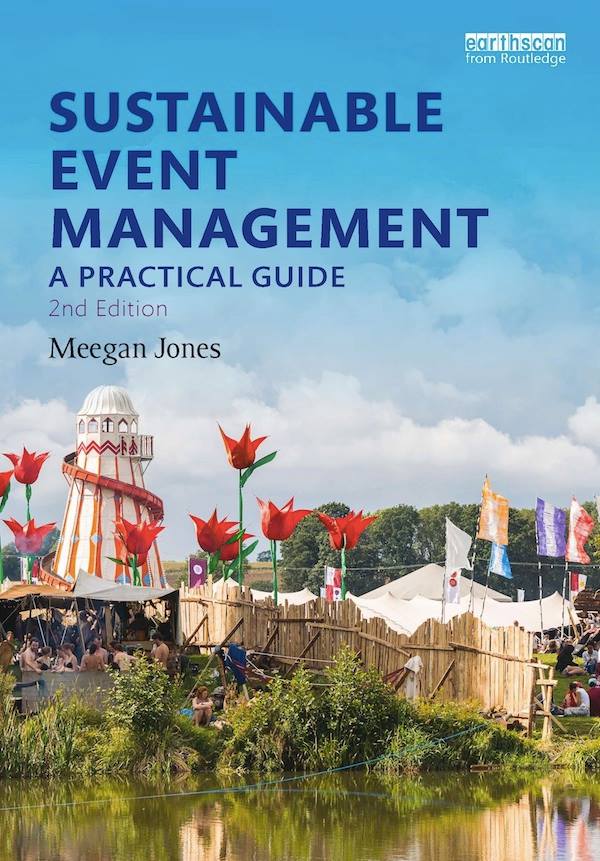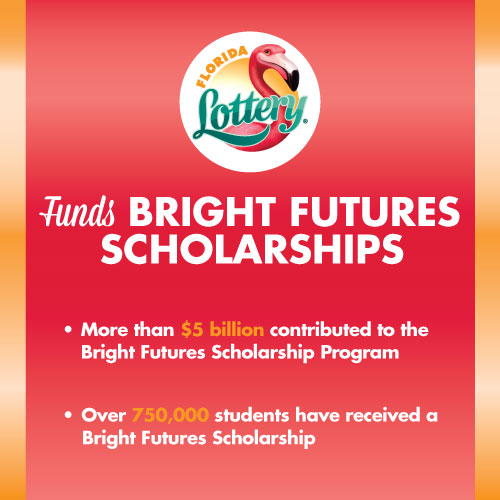Meegan Jones, Author, Sustainable Event Management
Food waste is the unfortunate by-product of many events. It occurs through the mishandling of food, through over-supply and under-eating.
Food waste at events is waste of resources, of time and effort, and of course, of money. It costs to buy the ingredients, pay the staff and then to dispose of the waste. Food into landfill is a major cause of landfill methane emissions, a global greenhouse gas emissions contributor. Food waste at events also contributes to startling global food waste statistics, estimated at 1/3 of all food produced being lost or wasted.[i]
Here’s a quick checklist from book Sustainable Event Management: A Practical Guide (www.greeneventbook.com), of actions you can take to avoid or reduce food waste at your event:
Food service:
- Serve less food. At conferences do people really want to be stuffed full?!
- Avoid over-catering. Accurately estimate the volume of food required considering the number of attendees, the event type and timing of activities or breaks.
- Accurately brief caterers & food stalls. Communicate honestly the likely event attendance to caterers and food vendors.
- Don’t overbook. Ensure you don’t book too many food stallholders considering the likely event attendance.
- Attendee appetite. Understand if attendees may bring their own food and adjust communications and logistics accordingly. Ensure an even spread of types of food options that are likely to appeal to your attendees, so that no individual food stallholders are less attended that others, leading to food waste.
- Pricing. Ensure pricing of food does not lead to lower sales volumes than anticipated.
- Communicate. Inform attendees what food will be available and at what price. Ask for dietary requirements in advance to reduce wastage and satisfy attendees.
- Food Salvage Planning. Have a food salvage/re-distribution program in place. Request caterers do not uncover/open/serve all food at once, so that if over supply has occurred, the perishable food has been handled correctly for donation to food salvage programmes.
Food Serviceware:
- Reusable. Use washable & reusable crockery and cutlery rather than single-use disposables.
- Reduce packaging. If it must be served in disposables, go for less-waste options such as a serviette rather than paper plate for ‘finger foods’. Serve pizzas on trays not in pizza boxes, don’t put lids on cups and take-outs if they will be consumed immediately.
- Avoid landfilling of disposable serviceware. Use disposables that can be recycled or composted.
- Bulk it up. Use bulk dispensing for condiments, rather than single serve sachets or sauces poured into little containers. Encourage caterers and food vendors to purchase their ingredients in bulk. Using large 2 litre cans rather than lots of small cans for example.
- Take back the tap. Provide tap water not bottled water.
- Reduce boxes. Encourage caterers and food vendors to receive their fresh produce in re-usable boxes, rather than single use disposables such as foam boxes. There are many services available that have take-back/exchange for delivery boxes
- Cleaning. Use washable cleaning cloths rather than paper towel disposables
[i] Global Food Losses and Food Waste: www.fao.org/docrep/014/mb060e/mb060e00.pdf

Meegan Jones is an event professional, trainer, consultant and writer focusing her work developing sustainable management solutions for live events. She is the author of "Sustainable Event Management" - the indispensable one-stop guide for event professionals and event management students who want to adjust their thinking and planning decisions towards sustainability, and who need a powerful, easy to use collection of tools to deliver events sustainably.

